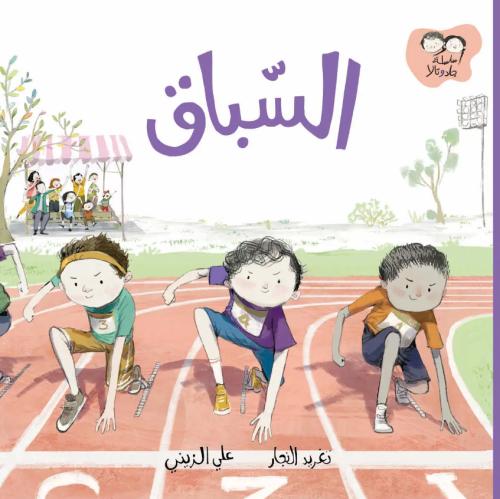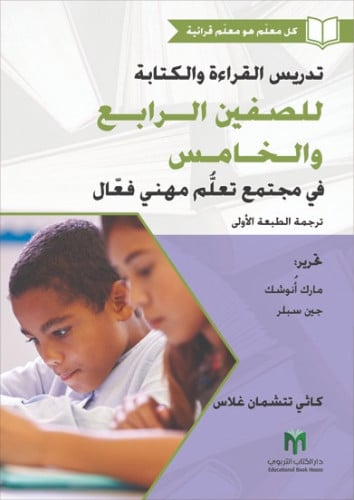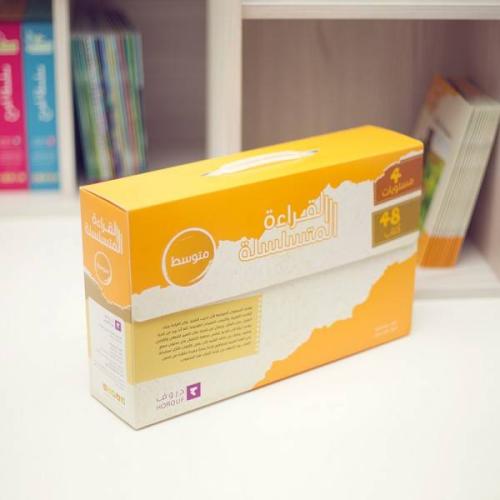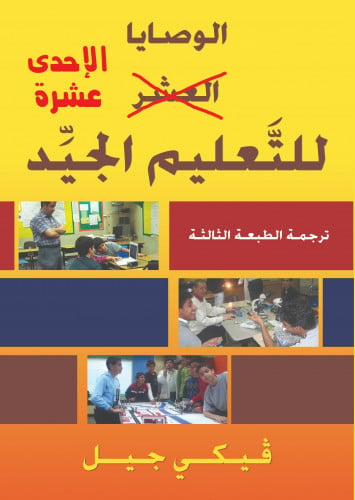AVAILABLE IN ARABIC
About This Book
Build the bridge from data collection to improved instruction
Students are people—not data. Assessment data can bury you or give you focused information on how to reach every student. Putting Faces on the Data shows how to develop a common language for sharing all students' progress with all teachers and leaders and how to use ongoing assessment to inform instruction. Based on worldwide research from more than 500 educators, this book presents solutions organized by:
* Assessment
* Instruction
* Leadership
* Ownership
The many benefits of personalizing data include increased student engagement and a positive impact on school culture. This reader-friendly guide helps you set goals, adjust lessons, identify students' strengths and weaknesses, and implement interventions. Included is a self-assessment framework for implementing improvement at the district and state levels. By focusing on connecting all the dots between students and data, you can accomplish the ultimate goal of helping them learn.
Topics : Leadership
Table Of Content
List of Figures and Tables
Foreword
Sir Michael Barber
Preface
Acknowledgments
About the Authors
1. From Information Glut to Well-Known FACES
Introduction
Toward Well-Known FACES
How the 14 Parameters Came to Be
Parallel Research
Simcoe County District School Board Case Study
2. The Power of Putting FACES on the Data
Genesis of the Dialogue with Educators
When and How We Asked the Research Questions
Research Findings: Question 1
Clustering the Parameters
Why Do We Put FACES on the Data?
How Do We Drill Down to Find “the Lovely Apparition”?
To Be, or Not to Be (Good): That Is the Question
FACES at High School
Community Schools Case Study
3. Making It Work in Practice—Assessment
Assessment Case Study
What Have We Learned about Assessment from This Case Study?
Grande Prairie Case Study
4. Making It Work in Practice—Instruction
Tier 1—Good First Teaching and Classroom Practice
Tier 2—Case Management Approach
Tier 3—Early Intervention
Eastern Ontario Case Study
5. Leadership—Individualizing for Improvement
Leading-by-Example Case Study
Know-ability, Mobilize-ability, Sustain-ability
Case Study from Vail Unified School District, Vail, Arizona
6. Ownership—Of All the FACES
An Entire State as a Case Study
Public Policy Implications
Parents and Communities Are “Owners,” Too!
Case Studies Reveal “Ownership by All ”
Epilogue
Glossary of Terms
Appendix A. Matrix of Scaffolded Learning Using the Gradual-Release-of-Responsibility Model: From Modeled to Shared to Guided to Interdependent Practice for Practitioners
Appendix B. Data Collection Placemat for Research
Appendix C. Case Management Template
Appendix D. The Teaching-Learning Cycle
Appendix E. Weekly Literacy Block Planner
Appendix F. Task-Oriented Question Construction Wheel Based on Bloom’s Taxonomy
Appendix G. Cross-Curricular Literacy Indicators of Success
Appendix H. Guiding Questions for Collaborative Team Book Study
References
Index
About the Authors
Michael Fullan:

Michael Fullan is professor emeritus of the Ontario Institute for Studies in Education of the University of Toronto. Recognized as a worldwide authority on educational reform, Fullan is engaged in training, consulting, and evaluating change projects around the world, and his books have been published in many languages.
Fullan is currently Special Advisor to the Premier and Minister of Education in Ontario. His book Leading in a Culture of Change was awarded the 2002 Book of the Year Award by Learning Forward (formerly the National Staff Development Council), and Breakthrough (with Peter Hill and Carmel Crévola) won the 2006 Book of the Year Award from the American Association of Colleges for Teacher Education. His latest books are The Six Secrets of Change (Jossey-Bass), What’s Worth Fighting For in the Principalship (Teachers College Press), and (with Geoff Scott) Turnaround Leadership in Higher Education (Jossey-Bass).
Among his Corwin titles are Realization: The Change Imperative for Deepening District-Wide Reform (with Lyn Sharratt), Breakthrough (with Peter Hill and Carmel Crévola), Leadership & Sustainability: System Thinkers in Action, the second edition of The Challenge of Change: Start School Improvement Now! and the new All Systems Go.
A list of his widely acclaimed books, articles, and other resources can be found at www.michaelfullan.ca.
Lyn Sharratt:

Lyn Sharratt is a professor at the Ontario Institute for Studies in Education at the University of Toronto, where she lectures and currently coordinates the twenty-five-student Learning and Leadership Ed. D. Cohort program. Lyn is the former superintendent of Curriculum & Instruction Services in the York Region District School Board, a large Canadian school district, where she and her curriculum team analyzed assessment data and developed a comprehensive literacy improvement program, which they launched with the cooperation of senior leadership, principals, and over 8,800 teachers. The continuously improving 14 parameter program resulted in increased achievement for a diverse, multicultural, and multilingual population of over 115,000 students, and the district became the top performing district in Ontario, where teaching posi¬tions became among the most sought-after in the nation. Lyn has been a curriculum consultant and administrator, and she has also taught all elementary grades and secondary-age students in inner-city and rural settings. Lyn has analyzed and commented on public policy for a provincial trustee organization, the Ontario Public School Boards’ Association, has taught preservice education at York University, and led in-service professional learning in a provincial teachers’ union head office. She is lead author, with Michael Fullan, of Realization: The Change Imperative for Increasing District-Wide Reform (Corwin, 2009). Currently, Lyn consults internationally, work¬ing with states, districts, administrators, curriculum consultants, and teachers in Chile, Australia, the United States, the United Kingdom, and Canada. Visit her website at www.lynsharratt.com.
Author: Lyn Sharratt, Michael Fullan
Publisher: Educational Book House
Publish Year: 2017
Size: 17*24cm
Pages number: 316













